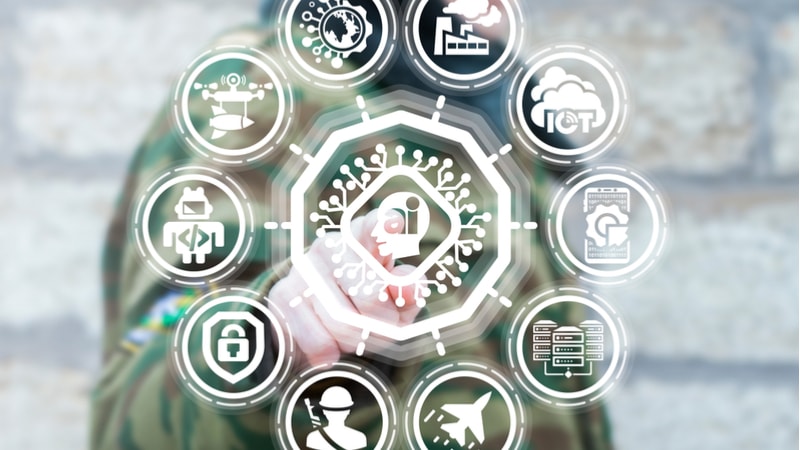
A Federal network environment that supports classified telework is coming soon to agencies within the intelligence community, Jennifer Zbozny, director of the Software Engineering Center at the Army’s Communications-Electronic Command, confirmed at an event today.
Zbozny said that her agency struggled with virtual private network (VPN) capacity at the beginning of the coronavirus pandemic. “Everybody trying to VPN into the network at the same time, every day was killing us,” she admitted during the July 21 Data and the Future of Defense event. While the Army is now in a “good place” when it comes to VPN capacity, she stipulated that not everybody has been able to do their jobs from home.
“The biggest thing that we’ve learned that we’re still really working to fix are there are some jobs that we do here that we can’t really easily just transition to doing at home,” Zbozny explained. “For example, anything on a classified network.”
Four months into the pandemic, however, Zbozny revealed that Army has been working “very closely” with the National Security Agency, and the agencies are close to supporting a classified telework environment.

“We’re almost at the point of being able to get the classified for home capability deployed to our folks here that need it,” Zbozny announced. “We are transitioning back to the office, but slowly, and who knows what’s going to happen, so we’ll be better prepared for that.”
At the Air Force, Director of Data Services Col. Christopher Ardent said that the agency had similar network struggles in the early days of the COVID-19 pandemic. He said that adjustments have been made over time to accommodate the telework environment, and IT teams are tracking bandwidth data to make continuous improvements.
“The chief information officers had to analyze that [bandwidth] data to see where’s our bandwidth being eaten up and how can we shift so that we’re focusing our bandwidth to real mission focused activities,” Ardent said.
Looking ahead, Ardent argued for the power of data across the Department of Defense (DoD). “It would be difficult to overstate the importance of data for the future of our country’s defense,” he asserted. As data processing becomes more ingrained into DoD’s way of doing things, Ardent added that emerging technology will be necessary to keep up with the data.
“Being able to process all of that and make sense of it is something that you cannot do with humans alone,” Ardent said. “You really need to integrate human insight and AI or machine learning to be able to tackle that and direct people to look into the right place for these investments in the future.”
